Evonne Goolagong blazed the way as our first Indigenous woman to win Wimbledon
Forty-seven years after she sprang to international prominence by winning the 1971 French Open and Wimbledon crowns, Evonne Goolagong-Cawley was made a companion of the Order of Australia, the nation’s highest honour, last year.
Forty-seven years after she sprang to international prominence by winning the 1971 French Open and Wimbledon crowns, Evonne Goolagong-Cawley was made a companion of the Order of Australia, the nation’s highest honour, last year.
More than the trophies she collected on her groaning mantelpiece that marked her rise to sporting fame becoming one of Australia’s most beloved greats, Evonne, the
first indigenous Aussie to win a Wimbledon Tennis Championship, also accidentally adopted the mantle of role model and advocate to young indigenous Australians.
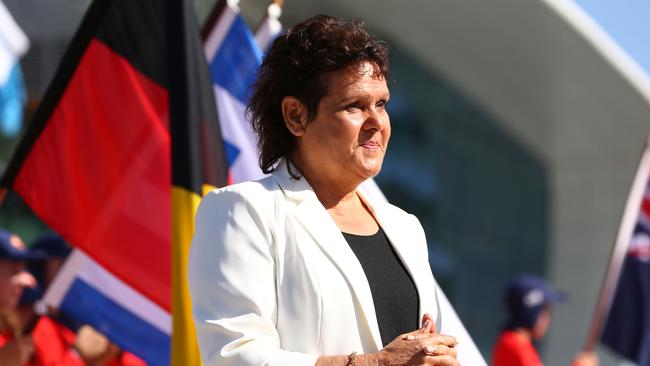
MORE MAKERS OF OZ:
How Lachlan Macquarie shaped our state
Her mantra: Dream, Believe, Learn, Achieve.
If a young indigenous girl from a wheat and sheep town, where every family is white, can make their dreams come true so, too, can you.
Born in Griffith, NSW, and raised in the tiny town of Barellan, Goolagong-Cawley wasn’t yet a teenager when she first courted attention for her tennis accomplishments, playing on the soft, red sands with a wooden bat made by her father from an apple crate as neighbours watched agog.
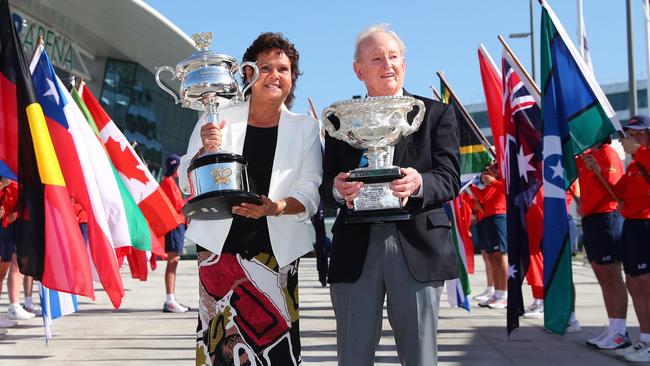
Certainly her graceful stroke play, dynamic court speed and intelligent tactics drew gasps and cast spells over those who looked on. But it was also her race that came under the spotlight.
Rarely was her name not prefixed with “Aboriginal girl …”
One of eight children born to Melinda and itinerant sheep shearer Ken Goolagong, Goolagong-Cawley played for hours on the red ground of the Barellan War Memorial Tennis Club, encouraged by local man Bill Kurtzmann.
Aged 11 she caught the eye of revered Sydney coach Vic Edwards. Soon she training with him, undergoing elocution lessons and living with his family in Sydney’s lower north shore.
Eight years on and boasting a litany of state and national titles to her name, the blinkers were prised open and she began looking outwards. One of her earliest memories abroad attracted damning headlines when, not quite aware of her blossoming status as an Aboriginal role model, she accepted to play as an “honorary white” at the 1971 South Africa Open during the country’s apartheid era.
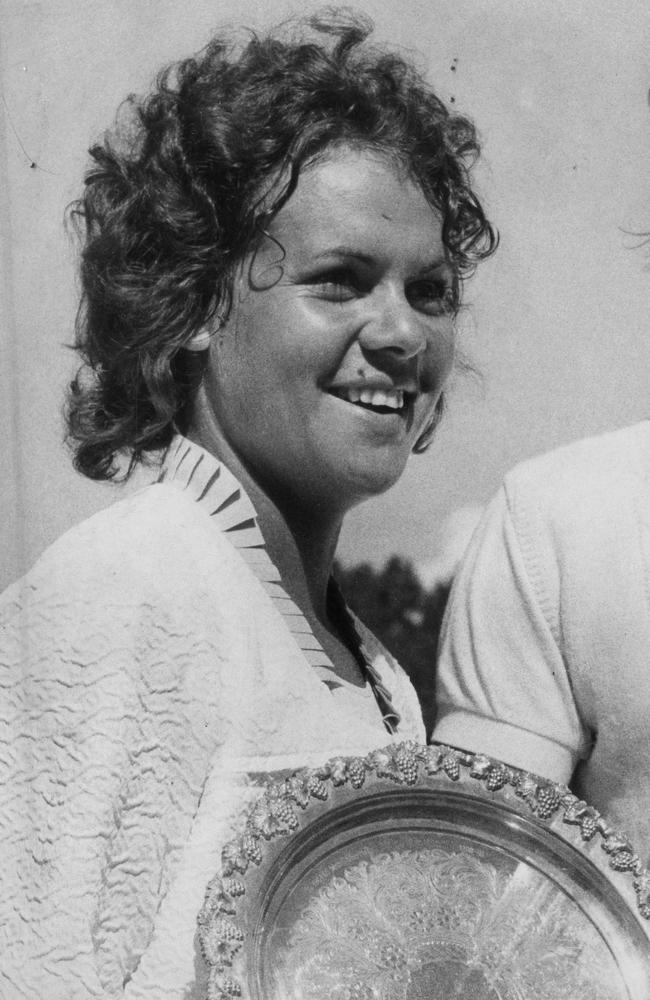
A month later, she beat compatriot Helen Gourlay to win the French Open. She then made history on the grass courts of Wimbledon, defeating Billie Jean King. The Barellan country girl was now a sporting hero who would spend most of the next 20 years overseas. She won 14 Grand Slam titles: seven in singles (four at the Australian Open, two at Wimbledon and one at the French Open), six in women’s doubles, and one in mixed doubles.
The shy Australian tennis star, who retired from playing in 1983, married Briton Roger Cawley in 1975 and they lived in Florida with their two children until returning to Australia in 1991 after the death of her mother.
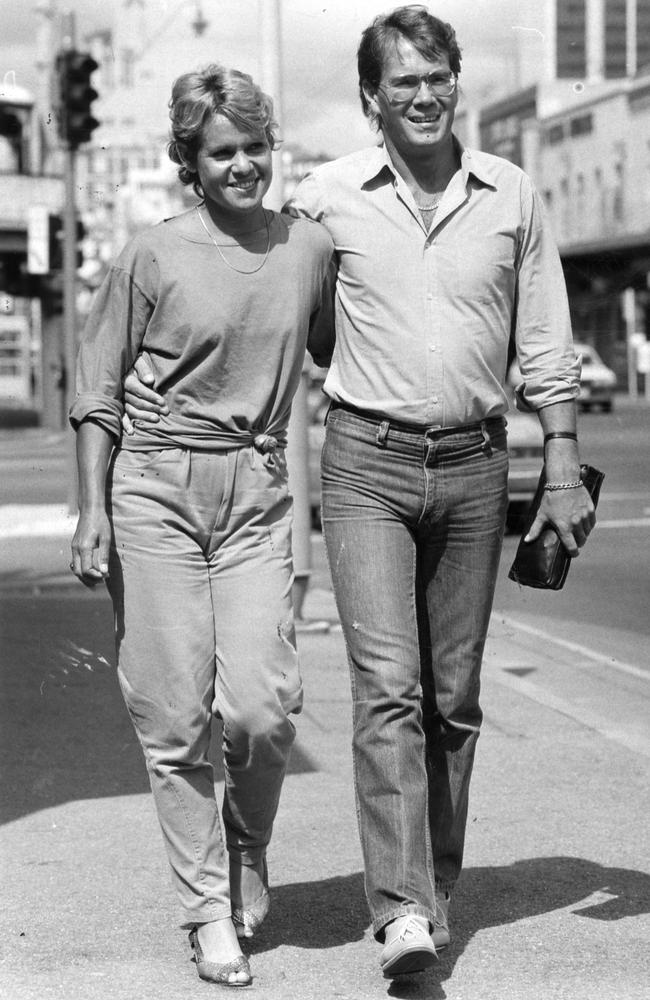
“I want them to learn about their people,” she once said. “I want them to be prepared. I don’t want them to be like what happened to me and not know anything when the parents and grandparents have gone.”
These days the 67-year-old grandmother travels nation-wide to promote the Evonne Goolagong Foundation for indigenous children, founded in 2012 to promote and help provide quality education and better health through diet and exercise.
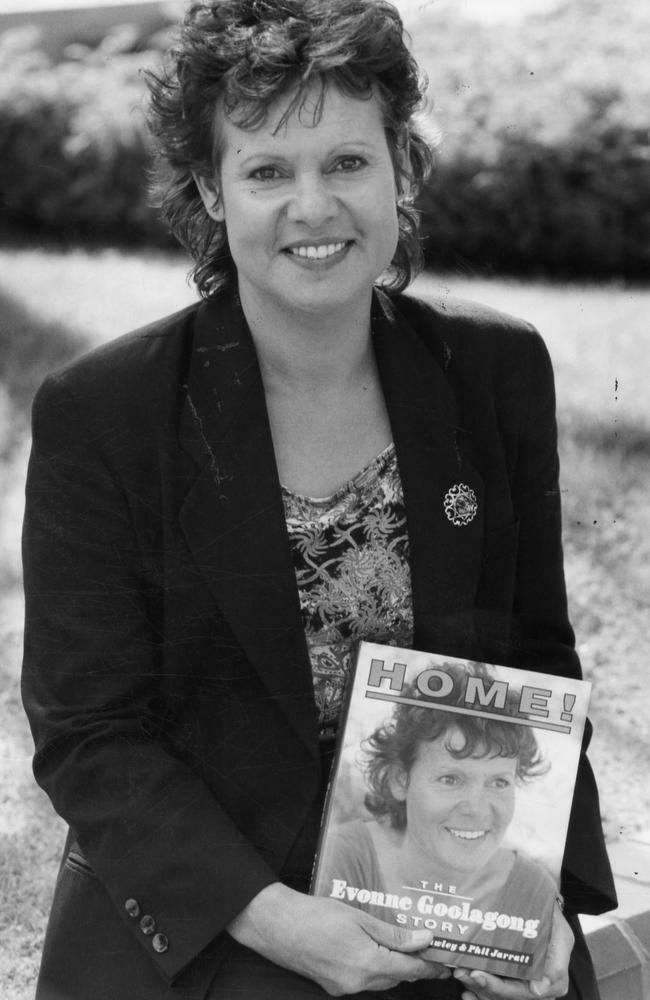
She has been co-patron of Reconciliation Australia, an Australian Sports Commission ambassador for Aboriginal and Torres Strait Islander communities and a board member of the National Centre of indigenous Excellence.
Tributes to our greatest Aussies
There has been no shortage of attempts this year to diminish Australia Day — and with it, the unique success story of our nation that has made us the envy of the world.
But we know that what unites us is far stronger than that which pits us against one another.
That’s why, as Australia Day approaches, The Daily Telegraph is celebrating the Makers of Australia.
The men and women, past and present, who have through their talent, vision, and determination, contributed to make us who we are today.
We know that our history is not without conflict or pain. No nation can claim otherwise.
However, that’s no reason not to acknowledge our high points, either.
We celebrate the achievements of indigenous Australians, those who were among the first European settlers and also our recent migrants.
Politicians, generals, actors, writers, sports stars, doctors and inventors.
For a nation with a small population, we have huge talents — and we want to share them with the world.
And we think it only right that as Australia Day approaches we take the time to reflect and learn about the lives of those Australians who are responsible for forging our modern land.


